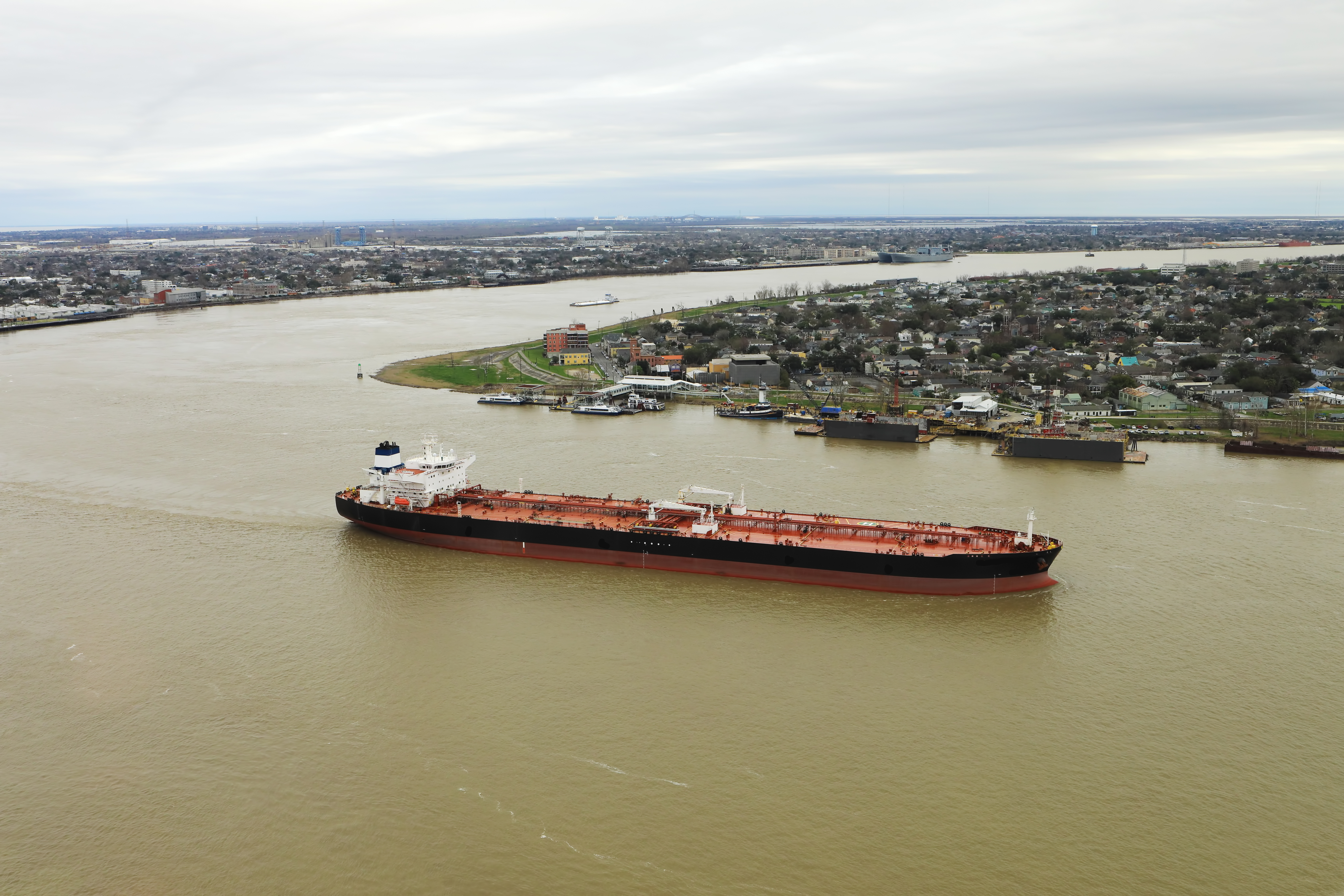Time Bar in Carriage Related Matters
Under Turkish Law
Under Turkish law, time bars and rights to lodge a claim with regards to Shipping law and maritime cases are regulated within the Turkish Commercial Code (TCC) and, regarding general disputes, within the Turkish Code of Obligations (TCO). The “general” provision under the TCO (art. 146) is that all claims are subject to a 10-year time bar, unless otherwise is stated under law.
Time Bar Declaration and Defence
Time bar is defined as “the period of time foreseen by law regarding acquisition and loss of a certain right”, and elapsing of said time does not by itself cause the obligation or debt to be cleared, however it results in the loss of the right to claim before the Court or Bailiff’s Offices and gives the Defendant a “time bar defence”.
Therefore, time bar is not an issue to be considered by the Court ex facto, and should be brought up by the Defendant, at the first stage of defending a claim in order to be evaluated by the Court. It should be noted that, in practice, while the issue of elapsing of time bar has to be brought forward at the first stage of proceedings, a ruling regarding the time bar is not given immediately at the beginning as a preliminary issue, but at a later stage as part of the final judgment.
Moreover, certain claims are subject to a “period of prescription”, which, while similar to a time bar, differs from the concept of time bar, most significantly, due to its nature that it must be directly and ex officio taken into account by the Court, even if the parties have not stated it as a defence.
Interruption of Time Bar
The time bar is interrupted; (TCO Art.154)
- If the Defendant/Debtor has accepted the rightfulness of said claim/debt, either openly or in action, such as effecting partial payment, or requesting additional time.
- If the Claimant/Creditor lodges a claim before the Court or commences the arbitration process or a Bailiff’s Action
- Additionally, it should be noted that as of 01.01.2019, parties are obligated to first apply to mediation before lodging a Court claim, which is not a prerequisite for arbitration or a Bailiff’s Action. Submitting an application to mediation also has the same effect as lodging a claim with regards to interruption of the time bar.
Extension of Time Bar
While it is possible under Turkish law for parties to extend the time bar or waive the time bar defence, there are certain limitations to such waiver, and it is not possible to waive the time bar defence in advance.
Parties may agree upon a longer time bar than prescribed under law by entering into a time bar extension agreement or one of the parties (i.e, the Seller) may extend the time bar unilaterally by way of guarantee. However, adding a time bar extension article into a standard form agreement or bill of lading in advance can be challenged in court and shall not provide a definitive protection.
| Type of Action | Limitation Period |
General Provisions for Claims on Compensation, including Tort | The claim for compensation shall be subject to a time bar of two years upon being informed of the damages sustained and the liable party, and in any case, shall become time barred after ten years upon the act that has caused said damages. (TCO 72) |
Contract of sea carriage, Charter party or B/L claims, including claims for freight, demurrage and its subsidiaries | Within 1 year upon the date the debt/claim is due (TCC 1246) |
Claims against the carrier due to damage to or delay of cargo | Within 1 year of delivery or if the goods were never delivered, the date they were expected to have been delivered (TCC 1188) |
Recourse action with regards to claims due to damage or delay of delivery of cargo | Ninety days after the party eligible to make the recourse claim makes the payment or receives the summons regarding the claim filed against himself (TCC 1188 and 855) |
Claims for defective goods | 2 years upon delivery of defective goods, unless the Seller was grossly negligent (TCO 231) |
Claims which grant a maritime lien and mortgage | Within 1 year from the day maritime lien is due (TCC 1326) |
General claims based on collision | Within 2 years of the time of the incident causing the damage (TCC 1297) |
Owners right of recourse against each other following a collision | Within 1 year from the date of payment (TCC 1297) |
Salvage claims | Within 2 years of the completion of the salvage measures (TCC 1319) |
Wreck removal claims | Within 2 years of the completion of the wreck removal efforts (TCC 1319) |
Passenger personal injury claims | Within 10 years of date of disembarkation (TCC 1270) |
Passenger death claims | Within 10 years of the date when disembarkation should have taken place or if the passenger died after disembarkation, of the date of the passenger’s death (TCC 1270) |
Damage to, loss of or delayed re-delivery of luggage claims | Within 2 years of the date of disembarkation or when the passenger should have disembarked, whichever is later (TCC 1270) |
General Average Pro- Rata Share Claims | Within 1 year of the date of disembarkation at the discharge port or the port where the voyage ended. (TCC 1285) |
Personal Injury to ‘passengers’ under Athens Convention 1974 | 2 years from the date of disembarkation of the passenger – a strict time bar. (Art. 16 Athens Convention relating to the Carriage of Passengers and their Luggage by Sea 1974) |
Claims regarding sea pollution and damage to the environment | 5 years upon the date of being informed of the damages due to pollution and the liable party (Turkish Code of Environment art. 28) |
Insurance claims | 2 years as of the date the payment is due and, in any event, after a period of 6 years as of the date of materialization of risk. (TCC art. 1320) |
While, technically the “time bar defence” is not listed under the initial defences which need to be submitted within the Writ of Reply, in practice the CoA has considered raising said defence at a later time an “extension of defences” which can only be evaluated if the opposing party provides consent to such “extension"
Moreover, while it is not an actual “time bar extension”, in practice, another way to “extend” a time bar foreseen under law is to lodge a Bailiff’s Action against the Defendant within the actual period, which, upon the Defendant’s objection to the Bailiff’s Action gives the Claimant a period of prescription of 1 year to lodge a formal claim against the objection which results in the case being handled in merits and thus, prolongs the time bar up to a year.
As per the same article, parties may agree to extend this time bar.
It should be noted that this period is defined as a “period of prescription”.
However, in some cases where the vessel has totally sunk, the authorities are inclined to start the time bar period from the date of removal of the wreck
Source of Information
Mrs Bahar Sayhan Gulyas and Mr Sertac Sayhan
Partners
Sayhan Law Office
Buyukdere Cad. Pekin Apt.
No: 5/3 34384 Sisli - Istanbul
Mob: +90 532 283 96 97
Tel: +90 212 230 80 70
Fax: +90 212 230 80 71




